Author: Lynda Benigno
Think about the last time you listened to your favorite song. You tapped your fingers or feet, sang along or maybe you danced to the beat. The song triggered a memory, made you feel happy or sad. Perhaps the lyrics expressed what you were feeling but haven't been able to articulate.
When listening to music, a synesthetic experience is triggered as the emotional, memory and language centers of the brain connect during processing. The pleasure centers of the brain are activated, and dopamine is released. Early dopamine rushes can occur in anticipation of your favorite parts of familiar music and peak emotions. Oxytocin, the bonding hormone is released and peaks when singing along. The oxytocin boost that music lovers experience can also make them more generous. Prosocial behaviors - those that are voluntary and intended to benefit others such as kindness, helpfulness and empathy increase, especially when music is appreciated in a group setting such as a concert. Listening to music also boosts the immune system, decreases the stress hormone cortisol, improves mood and establishes new neural connections.
Studies show using music as a form of communication with autistic children can increase emotional understanding. It has also been proven to be a low-risk treatment option for those with mood disorders and neurological conditions such as dementia, stroke, and Parkinson's with no adverse side effects. Music is beneficial in the workplace too. One interesting study showed that office workers who were allowed to listen to their favorite music completed tasks more quickly and were more creative while problem solving than those who had no musical choice at all. Diners at restaurants where music with positive messages is played leave bigger tips. Listening to sad music can create a cathartic experience promoting healing.
It's not just listening that provides benefits, playing an instrument changes brain structure. Learning to play an instrument increases gray matter in the brain. Musicians often have improved auditory processing, reasoning skills, and memory. Learning to play an instrument at a young age causes the most impactful changes and can protect the brain against dementia.
No matter what you choose to listen to music touches everyone in one way or another.Songs become our friends, the artists who write and perform them become our family. Sometimes they are there for us when no one else is, helping us to remember the things we almost forgot, bringing us joy, helping us to heal and be a little more gentle with others and ourselves. A song can speak for us when we lose our voice and help us feel connected with something outside of ourselves. Music is a bridge to all that we are, but we may have forgotten, a vibration.
We want to hear from you. What are some of your favorite songs to listen to and how do they make you feel? Leave your comment on our Facebook or Instagram page.
The opinions expressed in this article are of the author and not intended to diagnose, treat or cure any mental or physical condition. If you are struggling, please contact your healthcare provider, the National Suicide Prevention Hotline at 1-800-273-8255 or the Stepping Stone Community Services at 330-577-6656.

